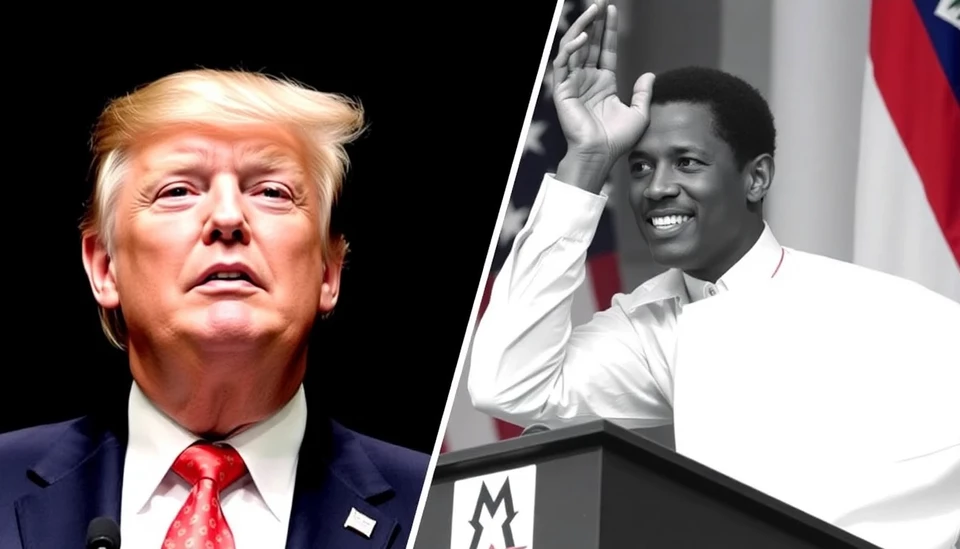
In a surprising turn of events, former President Donald Trump and political newcomer Robert F. Kennedy Jr. have emerged as unexpected allies in the battle against the dominance of large food corporations in the United States. Their collaboration highlights a growing discontent with corporate power in the food industry and reflects a significant shift in the political landscape, particularly as they relate to Democratic positions that have historically aligned with corporate interests.
Trump, who has been vocal about various economic issues, is now tapping into the concerns of many Americans who feel alienated by the influence of "Big Food." This term refers to the conglomerates that dominate food production and distribution, often prioritizing profits over public health. By aligning himself with this narrative, Trump hopes to galvanize a broader base of support among voters increasingly skeptical of corporate influence in their lives.
On the other hand, RFK Jr., known for his environmental advocacy and controversial stances on vaccination, has recently embraced a populist message that criticizes the same corporate interests that Trump has targeted. Kennedy’s approach combines environmental concerns with a fierce promotion of small farmers and organic agriculture, forming a synthesis of traditional campaign issues that resonate with a diverse audience dissatisfied with the status quo. Both figures have begun to frame their messages around the idea that the current food system is failing the American public.
The political landscape has been notably complex, with Democrats historically advocating for oversight and regulation of large corporations. However, as Trump and Kennedy vocalize their concerns regarding corporate control over food, many Democratic leaders appear to be lagging behind in addressing these vital issues. This ideological shift could have serious implications for the Democratic Party, which may need to reevaluate its alignment with large agricultural firms to retain voter trust and loyalty.
The transformation in rhetoric from both Trump and Kennedy represents a potential reconfiguration of the political dialogue around food policy. As they emphasize the need for transparency, sustainable practices, and consumer rights, this new alliance may disrupt traditional voting patterns, particularly among independent and rural voters who are often impacted by corporate agricultural practices.
Moreover, as the 2024 election cycle approaches, their unified front against Big Food could serve as a rallying point attracting voters from across the political spectrum—including those who prioritize health and sustainability over corporate interests. While the impact of this collaboration remains to be seen, it is evident that both figures are capitalizing on a moment of public disenchantment with big business practices.
In conclusion, the coalition formed by Trump and RFK Jr. marks a significant evolution in American political discourse regarding food and agriculture. Their combined messages may push forward crucial debates about corporate regulations, agricultural practices, and consumer rights as the campaign season unfolds.
As the political landscape continues to evolve, the implications of this partnership will resonate far beyond the traditional boundaries of party lines, potentially reshaping American policies for years to come.
#Trump #RFKJr #BigFood #Politics #Healthcare #Agriculture #2024Election #CorporatePower
Author: Samuel Brooks




